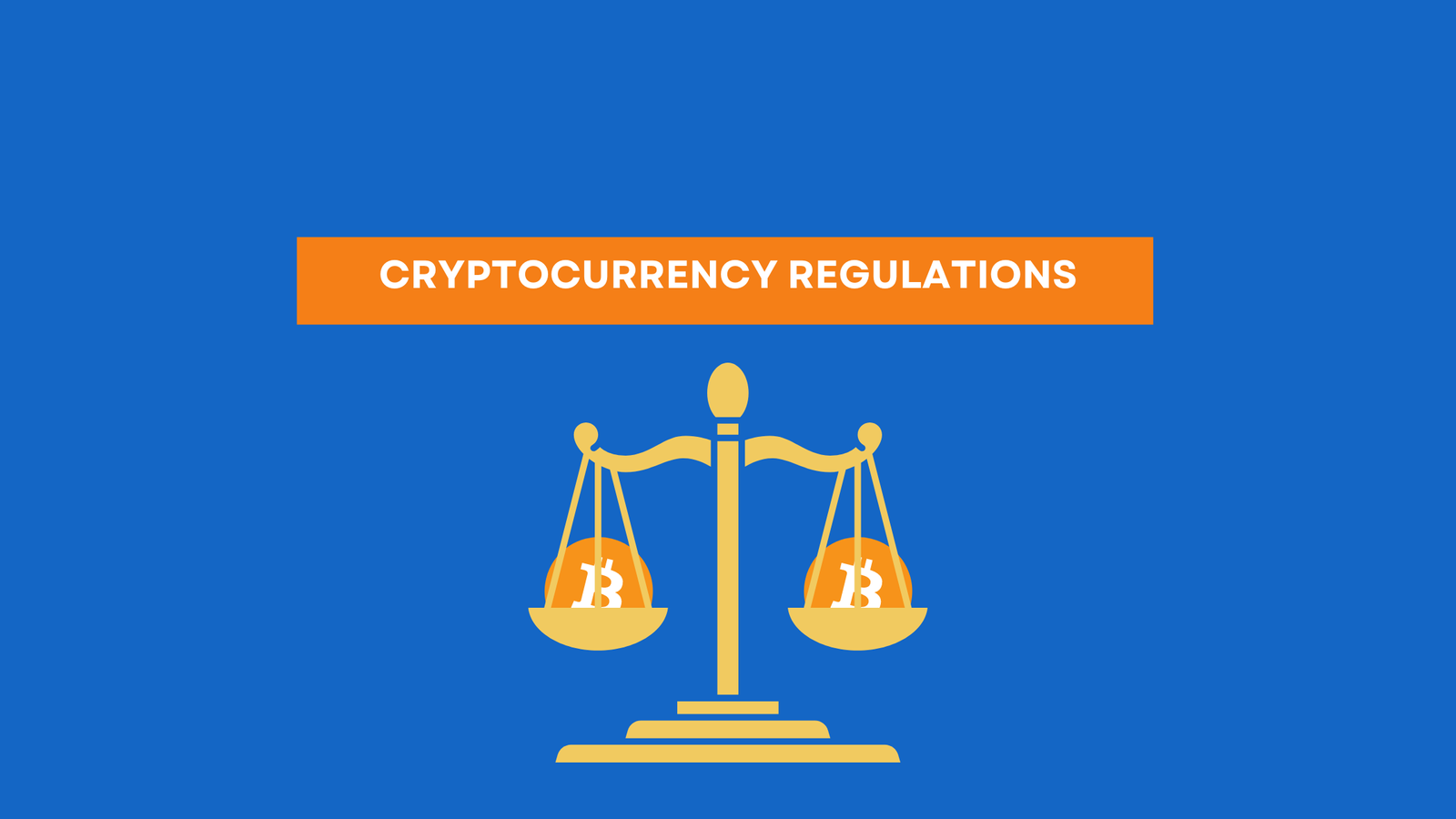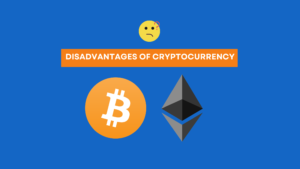
Cryptocurrencies have emerged as a disruptive force in the global financial landscape, gaining widespread adoption and attention in recent years. As they continue to evolve and reshape traditional finance, governments and regulatory bodies around the world are grappling with the need to establish clear guidelines and regulations for this digital asset class. In this blog post, we will take a comprehensive look at cryptocurrency regulations around the world and how different countries are addressing this digital revolution.
The United States
The United States has been at the forefront of cryptocurrency regulation, with various agencies taking steps to clarify the legal status of cryptocurrencies. The Securities and Exchange Commission (SEC) has been particularly active in defining cryptocurrencies as securities, subjecting them to relevant regulations. Additionally, the Commodity Futures Trading Commission (CFTC) regulates cryptocurrency derivatives. Several states, such as New York, have introduced their own regulations, including the BitLicense, which governs cryptocurrency-related businesses.
European Union
In the European Union, cryptocurrency regulations vary from country to country, but there is an overarching framework known as the Fifth Anti-Money Laundering Directive (5AMLD). This directive requires cryptocurrency exchanges and wallet providers to register with their respective national authorities and adhere to strict anti-money laundering (AML) and know-your-customer (KYC) procedures. The European Central Bank (ECB) and European Banking Authority (EBA) also provide guidance on cryptocurrencies.
China
China has taken a firm stance on cryptocurrencies, banning cryptocurrency exchanges and initial coin offerings (ICOs) in 2017. Despite this, it has been actively researching and developing its own digital currency, the Digital Currency Electronic Payment (DCEP), often referred to as the digital yuan.
Japan
Japan is one of the most crypto-friendly countries in the world, having established a regulatory framework that recognizes cryptocurrencies as legal tender. The Financial Services Agency (FSA) oversees cryptocurrency exchanges and enforces stringent security and customer protection measures.
India
India’s approach to cryptocurrency regulation has been somewhat turbulent. After a period of uncertainty and a proposed ban on cryptocurrencies, the Indian government has been considering legislation that may lead to the legalization of cryptocurrencies with certain restrictions.
South Korea
South Korea has imposed strict regulations on cryptocurrency exchanges and introduced a real-name system to curb illicit activities. However, the government has also shown interest in exploring blockchain technology and digital currencies for various applications.
United Kingdom
The United Kingdom has introduced regulations requiring cryptocurrency businesses to register with the Financial Conduct Authority (FCA) and comply with AML regulations. The FCA has also issued warnings to consumers about the risks associated with cryptocurrencies.
Singapore
Singapore has embraced cryptocurrencies and blockchain technology, positioning itself as a global hub for fintech innovation. The Monetary Authority of Singapore (MAS) regulates cryptocurrency exchanges and has introduced a licensing framework to ensure compliance with AML and KYC requirements.
Cryptocurrency regulations around the world are in a state of constant evolution, reflecting the complex and rapidly changing nature of this technology. While some countries have adopted a cautious approach, others have embraced cryptocurrencies and blockchain technology as drivers of economic growth and innovation. It is crucial for cryptocurrency enthusiasts, investors, and businesses to stay informed about the regulatory landscape in their respective jurisdictions to ensure compliance and mitigate risks in this dynamic space. As the crypto industry continues to mature, we can expect further developments and refinements in global cryptocurrency regulations.
For more updates in cryptocurrency world, subscribe to learn more on Recovery Review Insider.







